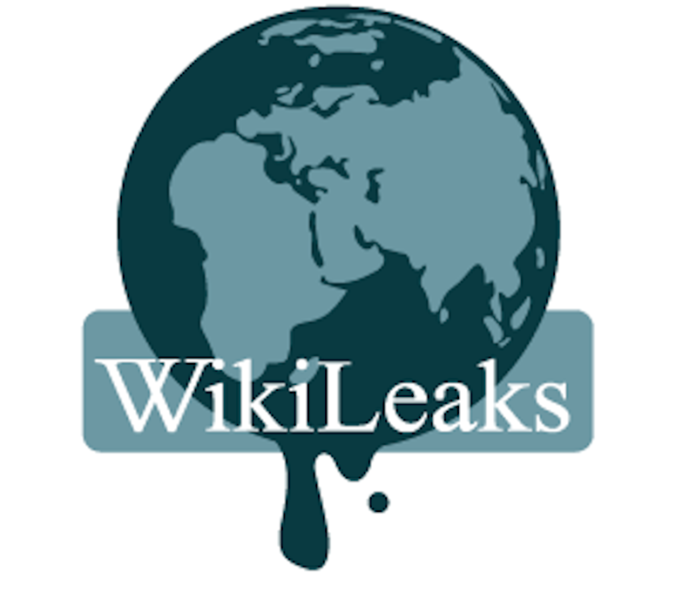
The weekly Haïti Liberté begins publishing a series of exclusive articles which will draw from 1,918 secret diplomatic cables about Haiti from U.S. Embassies around the world in its June 1 edition. The cables were obtained by the transparency-advocacy group WikiLeaks and made available to Haïti Liberté.
The articles will be published in print and on the web at: www.haitiliberte.com.
The cables cover an almost seven-year period from Apr. 17, 2003, ten months before the Feb. 29, 2004 coup d’état which ousted President Jean-Bertrand Aristide, to Feb. 28, 2010, just after the Jan. 12 earthquake that devastated the capital, Port-au-Prince, and surrounding cities.
“Haïti Liberté is publishing these cables because they offer unparalleled insight into how the United States government has tried to manipulate Haitian affairs in its own interests, not in the interests of the Haitian people,” said Berthony Dupont, Haïti Liberté’s director. “We hope that the release of the cables will help bring about some transparency and accountability for the Haitian people.”
The cables cover U.S. strategies and maneuvering in Haiti during the second coup years and the period after President René Préval’s second election.
The cables range from “Secret” and “Confidential” classification to “Unclassified.” Cables of the latter classification are not public, and many remain marked “For Official Use Only” or “Sensitive.”
The cables cover official U.S. strategies and maneuvering in Haiti during the coup years (2004-2006) and the period after President René Préval’s election (2006-2010). We see Washington’s obsession with keeping Aristide out of Haiti and the hemisphere, the microscope it trained on the democratic Lavalas movement, the relentless focus on rebellious shanty towns like Cité Soleil and Bel Air, and Washington’s tight supervision of Haiti’s police leadership and of the United Nation’s 9,000-man military occupation known as the UN Mission to Stabilize Haiti (MINUSTAH).
In November 2010, WikiLeaks began publishing the 251,287 leaked U.S. embassy cables it obtained last year by providing them to large newspapers like the New York Times, The Guardian and Der Spiegel.
Now, WikiLeaks is selecting media in many other countries to provide them with the U.S. Embassy cables relative to their specific country. “Haiti Liberté is honored that WikiLeaks has entrusted it with releasing the cables relative to Haiti,” Dupont said. “Haiti Liberté is also pleased to partner with The Nation, the oldest continuously published magazine in the U.S., in publishing and distributing English-language articles based on those WikiLeaks cables.”
This coming week’s article will examine how Washington tried to torpedo implementation of the PetroCaribe oil agreement between Venezuela and Haiti, a struggle which frayed the U.S. relationship with President Préval. Future articles will deal with Washington’s backing of assembly industry owners in their fight against raising the minimum wage and how it militarized aid to Haiti after the 2010 earthquake.
The cables offer many clues as to how Washington brought Haiti from the paramilitary and Special Forces coup of 2004 to the electoral coup that installed the neo-Duvalierist Michel Martelly in 2011.









